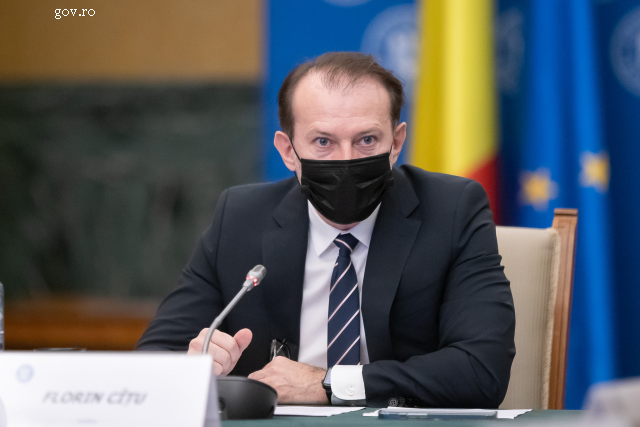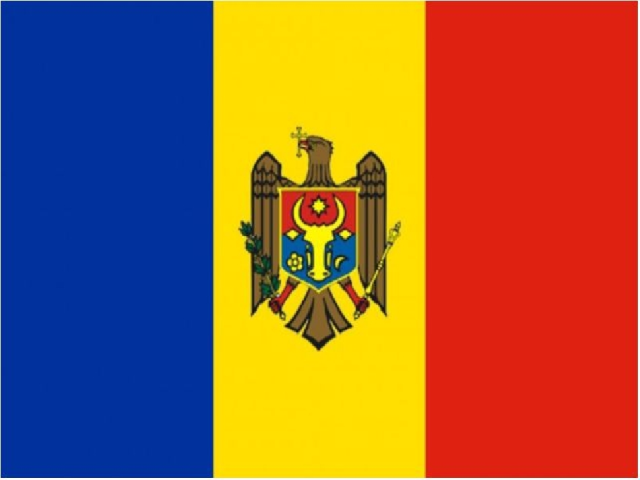Frequently criticized and despised by many,
the Constitutional Court remains the unquestionable arbiter of Romanian
politics, and its rulings are unappealable. Therefore, it is still uncertain
what will happen with the Liberal Cabinet, after the Court announced it would
issue a ruling on September 28 regarding the alleged institutional conflict
invoked by Liberal Prime Minister Florin Cîţu
in connection with Parliament concerning the no-confidence motion filed by AUR,
an ultranationalist party in the opposition, and the USR-PLUS alliance, at the
time still a junior coalition partner. Prior to this date, the debate and vote
of the motion are in standby, according to a Parliament majority decision. The permanent
bureaus of the two chambers have sided with the Government regarding the notification
the Prime Minister has sent to the Court and in which he claims the motion did
not observe the law in terms of collecting signatures, and Parliament was
notified late regarding this document.
After the motion was blocked, AUR MPs
announced a parliamentary strike. They will continue to attend Parliament sittings,
although they will not be voting any of the initiatives. In turn, USR-PLUS has
again criticized the Prime Minister, as well as the person who they believe is
protecting him, president Klaus Iohannis. All USR-PLUS ministers have resigned,
and Florin Cîţu sacked all state secretaries, prefects and deputy prefects from
this party, claiming USR-PLUS may still return to the ruling coalition. One
condition, however, is for them to drop the no-confidence motion filed jointly
with AUR, a party the Liberals consider to be extremist. In response, USR-PLUS
said they will only accept a Government where Cîţu is not Prime Minister.
As
regards the political deadlock, triggered since USR-PLUS ministers stepped down,
the Cabinet passed an emergency decree approving the Anghel Saligny National
Investment Programme, which the Prime Minister describes as an absolute
necessity, which will help fund road pavement projects, sewage and gas pipeline
works in those towns and villages where living standards are low. USR-PLUS, in
turn, claims the project resembles the former national development projects initiated
by the former Social-Democratic governments, representing a source of money that
can be directed based on political criteria, without any transparency. USR-PLUS
also accuses the Liberals of having trampled the judiciary and opened up
vistas for embezzling money.
In the meantime, surveys show that three quarters
of Romanians believe the country is headed in the wrong direction. Most
respondents are oblivious to the current political shenanigans, but are
disgruntled with the recent price hikes and the constant devaluation of the
national currency. (VP)

